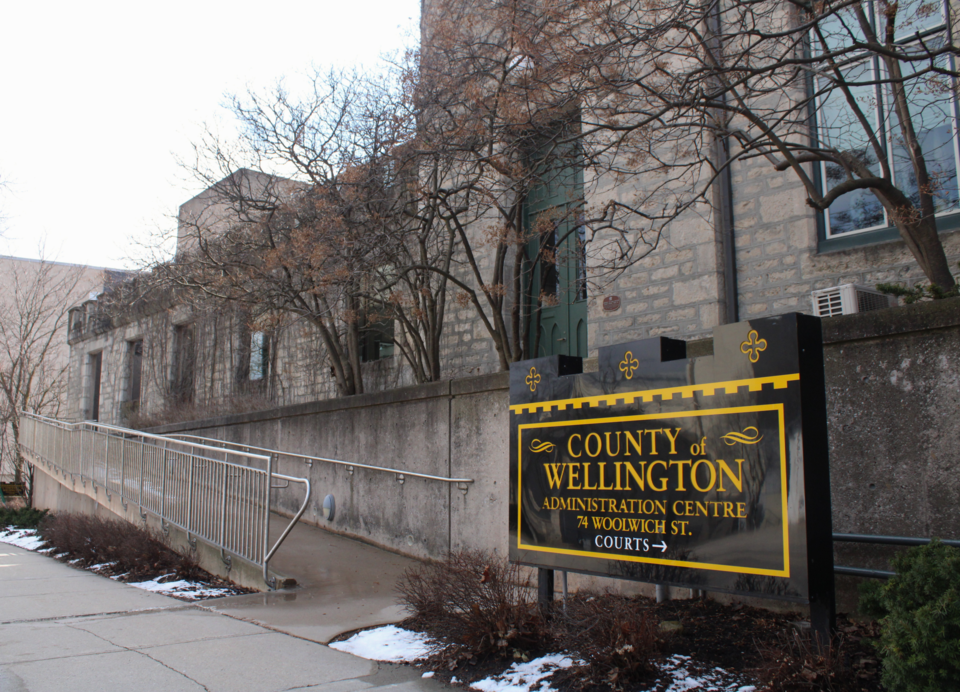WELLINGTON COUNTY - The Guelph and Wellington County's pilot food waste collection program saw a successful first month as 23 tonnes of food waste have already been diverted from landfills to high grade compost, as well as one tonne of edible food to food security organizations.
"The institutional, commercial and industrial (ICI) organic waste pilot is rolling along. They started in November, and they're already on track to do really good work. We have a lot of county building involvement from Groves Hospital, our early childcare centre, Fergus library, our admin centre, and five of our affordable housing multi-residential buildings, two from Arthur, two from Fergus and one in Guelph," said Justine Dainard, project manager for Smart Cities office.
At Tuesday's economic development county committee meeting, Dainard explained to council that there are currently 45 institutional and industrial participants for the ICI project, and in its first month, the pilot has already diverted 23 tonnes of food waste from landfill to high-grade compost, and one tonne of edible food to local food security organizations.
ICI pilot project began in November of last year as a partnership between the County of Wellington and the City of Guelph’s Our Food Future initiative and the Circular Innovation Council.
Institutions such as the Groves Memorial Community Hospital were approached by the Circular Innovation Council to help expand their institutional sector participation.
"We immediately recognized that this was a great opportunity to trial an organic waste program at our hospital. We were happy to listen to how the pilot would work and recognized this was a way to potentially improve our current practices and make a positive environmental impact," explained Paul Klausen, manager of support services.
"In participating in the program, we have already seen a reduction in our regular waste pick up frequency and this ultimately will help reduce overall waste-removal costs."
Klausen noted that the hospital is not participating in the donation of edible food of the pilot, however, they have successfully diverted an average of 500 kilograms of food waste per month and are projecting to increase that number to upwards of 1000 kilograms, or one tonne of organic waste that is being reused instead of ending up in a landfill.
"We are a semi-finalist in the $400,000 award level from the food waste reduction challenge. This will be announced in a couple of months. It's looking promising that we'll be a strong contender for that award. They'll be awarding 12 $400,000 prizes from a pool of 30 semi-finalists," said Dainard during her presentation.
"If we do get that, we're in the running for the grand prize of $1.5 million. What that money will allow us to do is to continue this project through to June at a subsidized level for all of our participants. It also allows us to study how to scale up to offer it to more businesses, to extend the region, to run more trucks for pickup."
